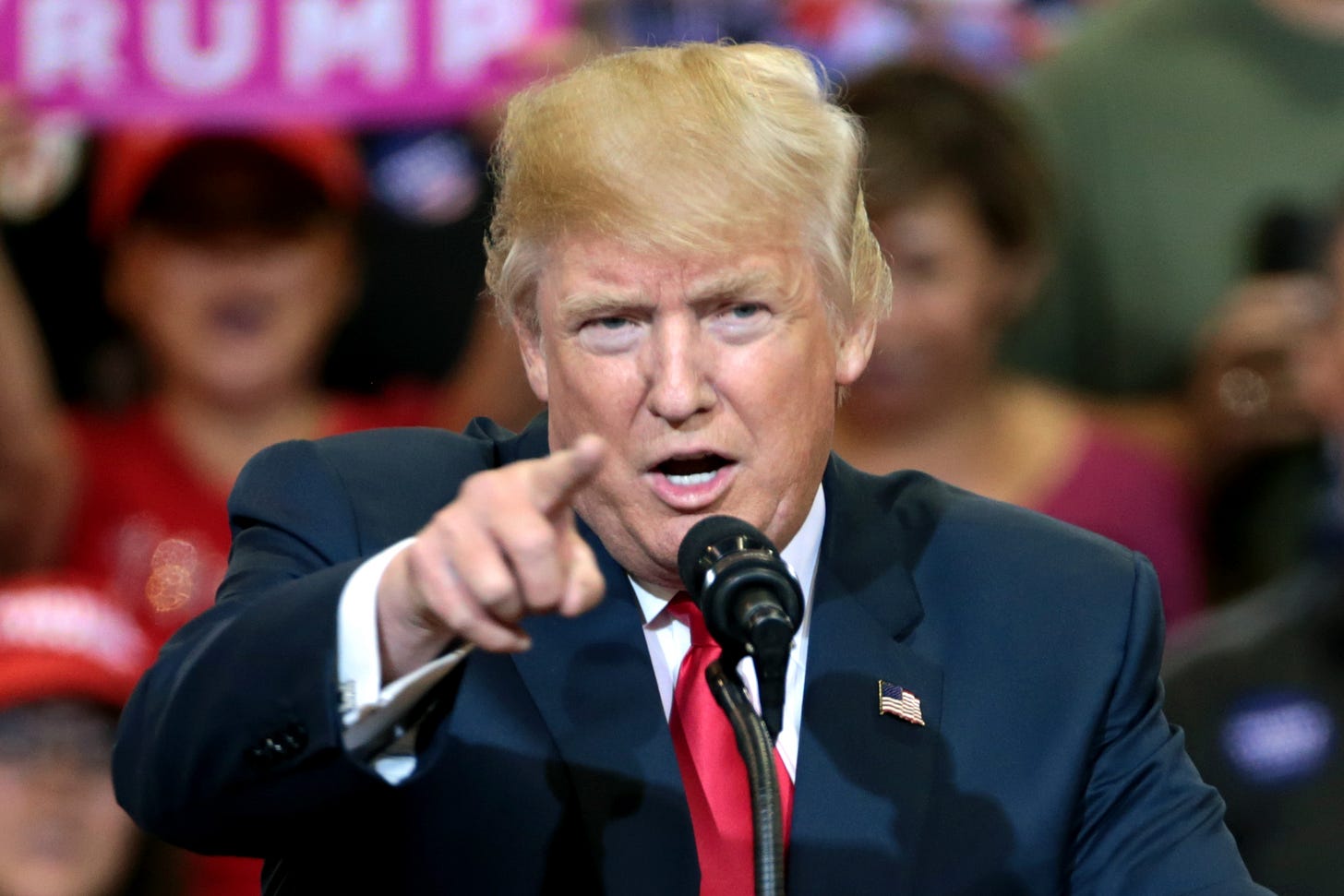President Donald Trump's approval rating stands at 42 percent in the latest Reuters/Ipsos poll, released on Monday, with Americans expressing greater confidence in his handling of crime and immigration than in his management of the struggling economy, according to the survey, which closed on Tuesday.
The five-day national poll of 1,084 adults showed 56 percent disapprove of Trump's overall job performance, reflecting persistent concerns about his economic policies amid rising inflation and market volatility.
Economic Performance Drags Down Presidential Ratings
The survey revealed a significant disconnect between Trump's handling of different policy areas, with his economic approval notably weaker than his approval ratings on other issues. While 43 percent approved of his approach to crime and 42 percent rated his immigration performance positively, his economic ratings have consistently lagged throughout his second term.
"Donald Trump was reelected specifically to enhance the economy, and thus far, the public is not pleased with the results," Jay Campbell, a partner at Hart Associates, told CNBC in April when Trump's economic approval hit its lowest point of his presidency.
Recent Gallup polling shows Trump's economic approval fell to just 37 percent in August, down from 42 percent in February, according to The New York Times. This decline comes as concerns about inflation dominate voter priorities and the administration's tariff policies face widespread opposition.
Methodological Changes May Influence Results
Reuters/Ipsos made a slight adjustment to their polling methodology for this survey, eliminating the "not sure" option for overall presidential approval questions. In their previous poll, conducted from August 22 to 24, 40 percent approved of Trump's performance, while 54 percent disapproved when the neutral option was available.
The polling organization noted this methodological change was not expected to significantly impact results, which carry a margin of error of approximately 3 percentage points. Respondents retained the option to skip questions entirely rather than express uncertainty.
Federal Interventions Spark Mixed Reactions
Trump's recent deployment of federal agents and military personnel to Democratic-led cities, including Los Angeles and Washington, D.C., has generated controversy, despite declining overall crime rates in recent years. The administration has positioned these interventions as necessary to address illegal immigration and maintain law enforcement standards.
Democratic city leadership and protesters have criticized these deployments as federal overreach. However, polling data suggests Americans remain divided on such interventions, with sharp partisan divides affecting public opinion.
Broader Polling Context Shows Persistent Challenges
Multiple recent polls confirm Trump's approval ratings have stabilized in the low-to-mid 40s range after peaking above 50 percent at the start of his second term. The Forbes polling tracker shows Trump at a 44 percent approval rating in the most recent CBS/YouGov survey, while Morning Consult has him at 46 percent.
Pew Research Center's August survey painted a more challenging picture, finding Trump's job approval at just 38 percent with 60 percent disapproval. The Pew poll also revealed that 61 percent of Americans disapprove of his tariff policies, while only 38 percent approve.
Hispanic Voters Show Declining Support
Recent Reuters/Ipsos polling has identified particular erosion among Hispanic voters, a demographic that showed increased support for Trump in the 2024 election. This trend represents a potential concern for Republicans as they look toward midterm elections, given the growing political influence of Hispanic communities nationwide.
The administration's immigration enforcement policies, including workplace raids and deportations, may be contributing to this shift in sentiment among a voting bloc that proved crucial to Trump's reelection.
Economic Pressures and Political Implications
As Trump approaches the midpoint of his second term, economic performance remains the primary factor driving his approval ratings. With inflation continuing to affect household budgets and tariff policies generating opposition, the president faces ongoing challenges in convincing Americans that his economic agenda will deliver promised results.
The consistency of Trump's approval ratings in the low 40s suggests a stable but concerning baseline for Republicans, particularly as they prepare for midterm elections where economic conditions have historically played a decisive role. Whether the administration can reverse negative economic perceptions may determine both Trump's legacy and his party's electoral prospects in the coming months.



